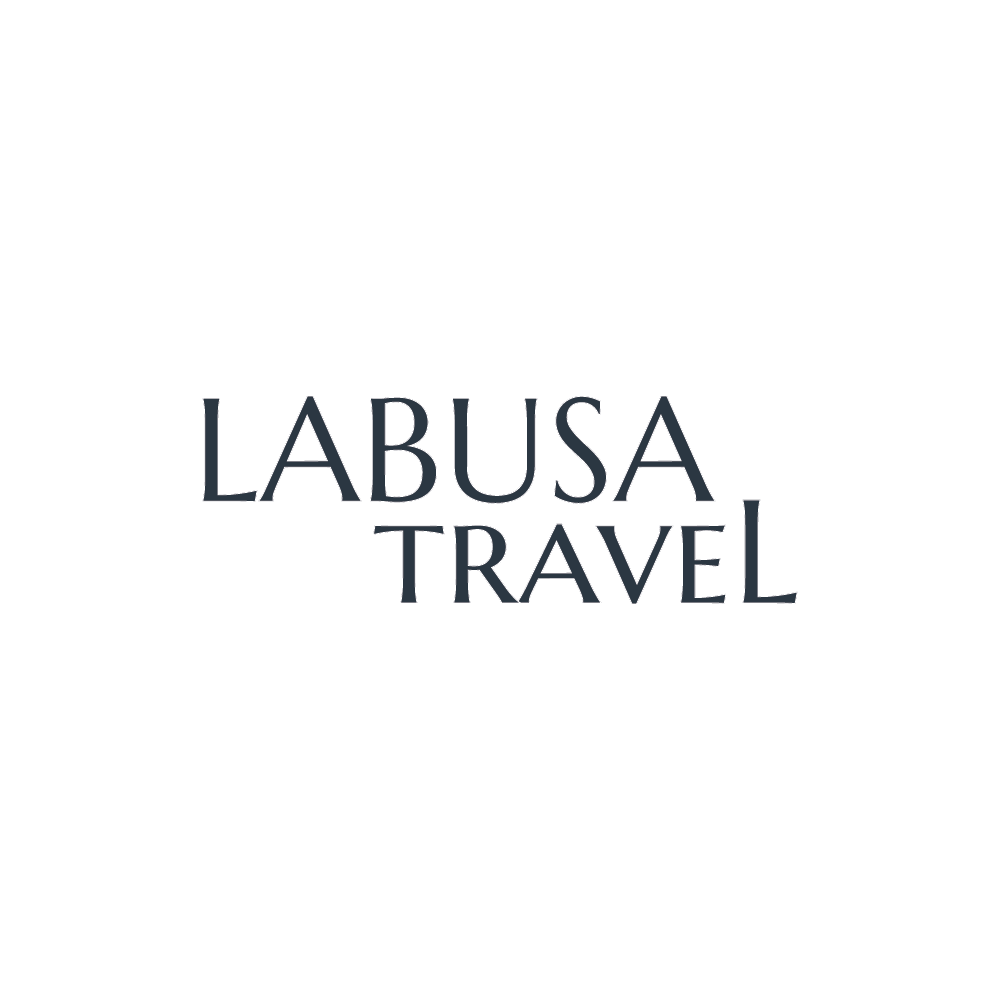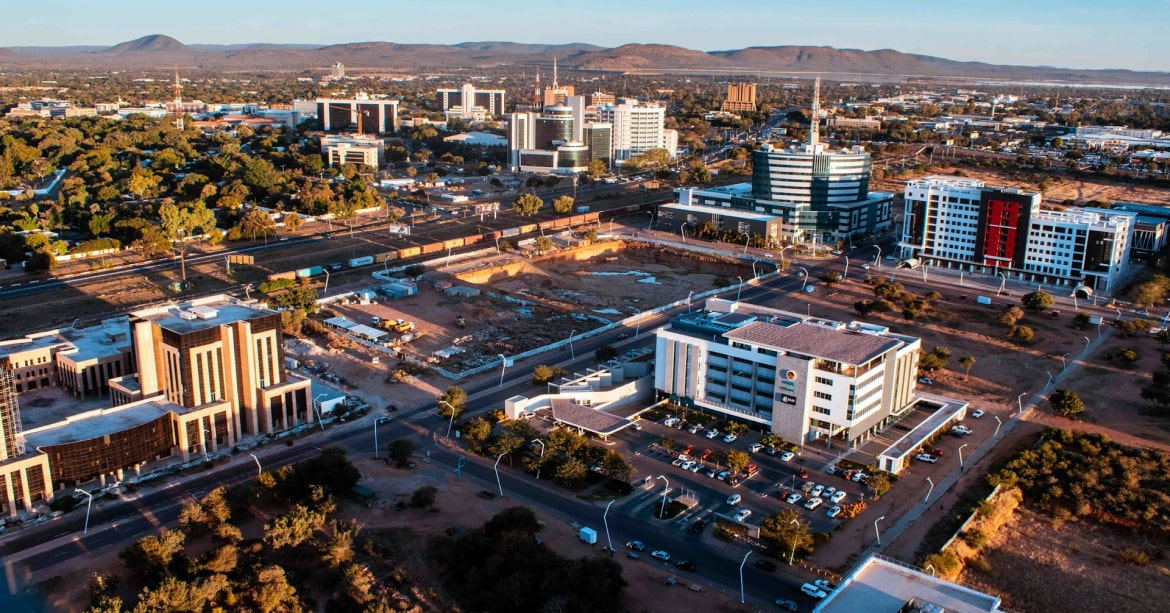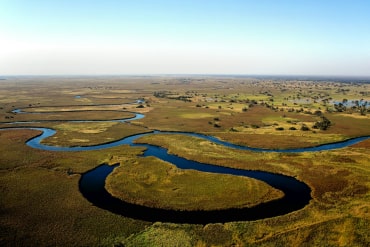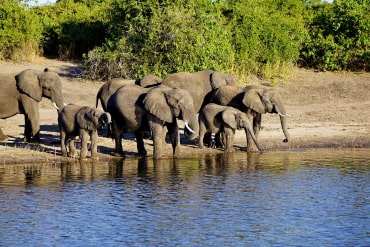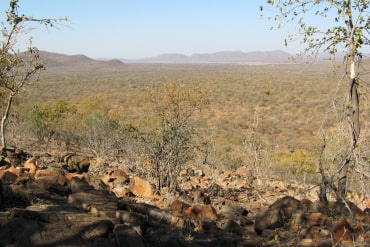Botswana
- Capital City: Gaborone
- Language(s): English (official), Setswana
- Currency: Botswana Pula
- Best Time To Travel: May to October
- Country Dialing Code: +267
- Population: 2.65 million
About Botswana
- Clothing: Lightweight, breathable clothing is recommended for Botswana's warm climate. Neutral-colored clothing is advisable for safaris, and warmer clothing may be needed for early morning game drives.
- Cuisine: Botswana's cuisine is centered around staple foods such as sorghum, maize, and millet, accompanied by meats such as beef, goat, and game meats like ostrich and venison. Popular dishes include seswaa (shredded beef), bogobe (maize porridge), and morogo (wild spinach).
- Culture: Botswana's culture is rich and diverse, with traditions deeply rooted in the country's history and indigenous beliefs. Setswana music and dance are integral to Botswana's cultural heritage, with traditional instruments such as the segaba (stringed instrument) and the moropa (drum) being commonly used.
This UNESCO World Heritage Site is a watery oasis in the middle of the Kalahari Desert, teeming with diverse wildlife like elephants, lions, giraffes, zebras, and countless bird species. Explore the intricate waterways by mokoro (traditional dugout canoe), witness breathtaking sunsets, and immerse yourself in the unspoiled wilderness.
Home to the world's largest elephant population, Chobe National Park offers incredible game viewing opportunities. Spot lions, leopards, cheetahs, buffalos, and over 450 bird species in diverse landscapes ranging from savannas to woodlands and riverfronts. Enjoy boat cruises on the Chobe River for unique perspectives.
Just outside Gaborone, Mokolodi Nature Reserve provides a sanctuary for indigenous wildlife and flora. Hike through various habitats, spot zebras, giraffes, ostriches, and over 200 bird species, and learn about conservation efforts at the educational center.
